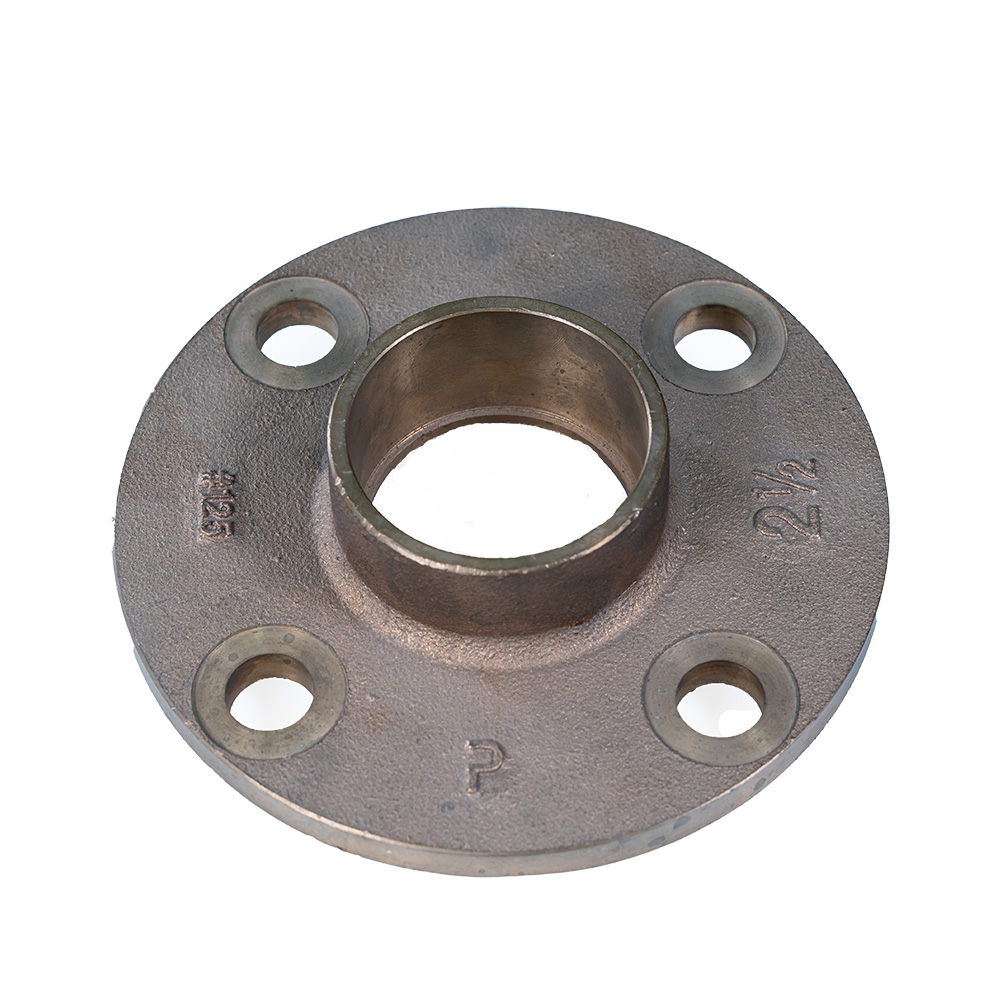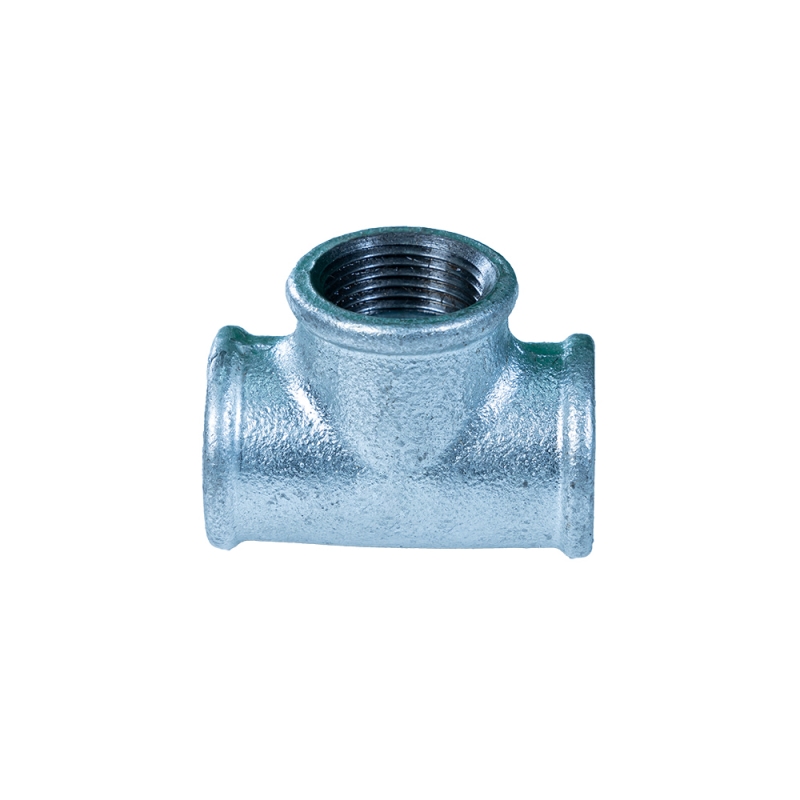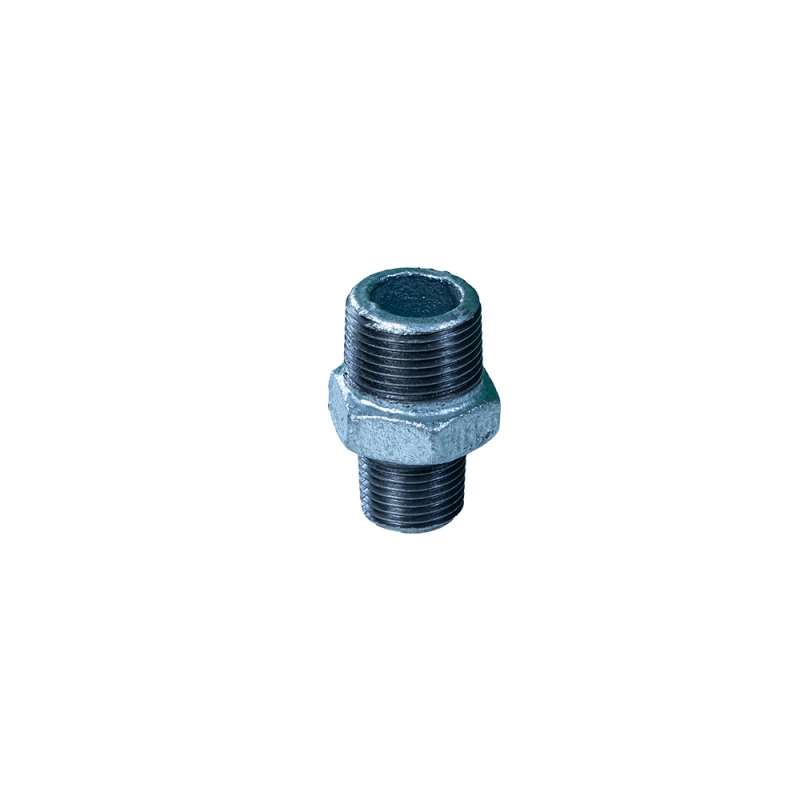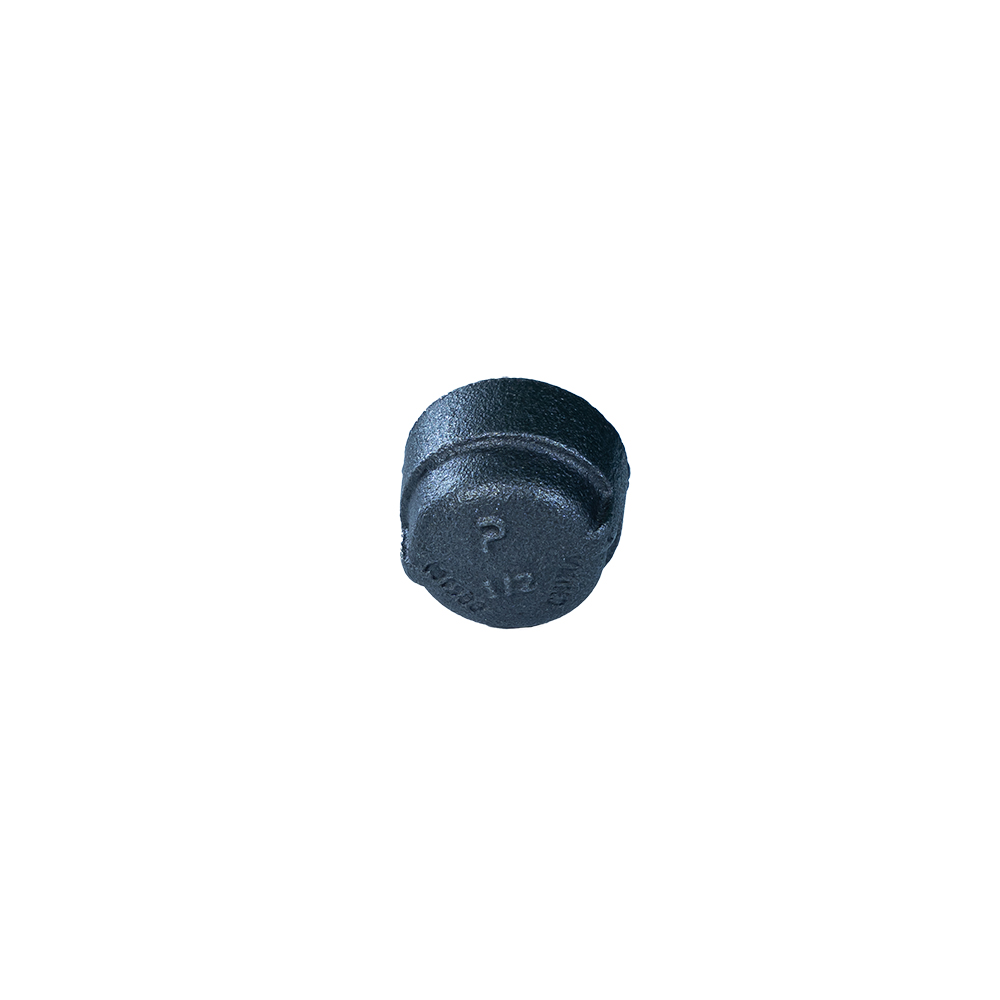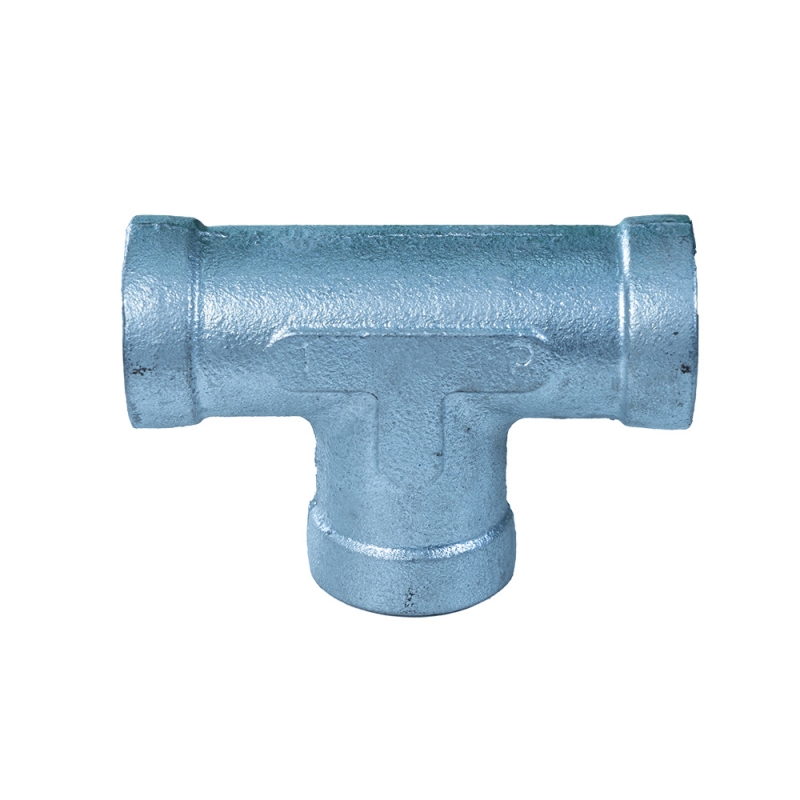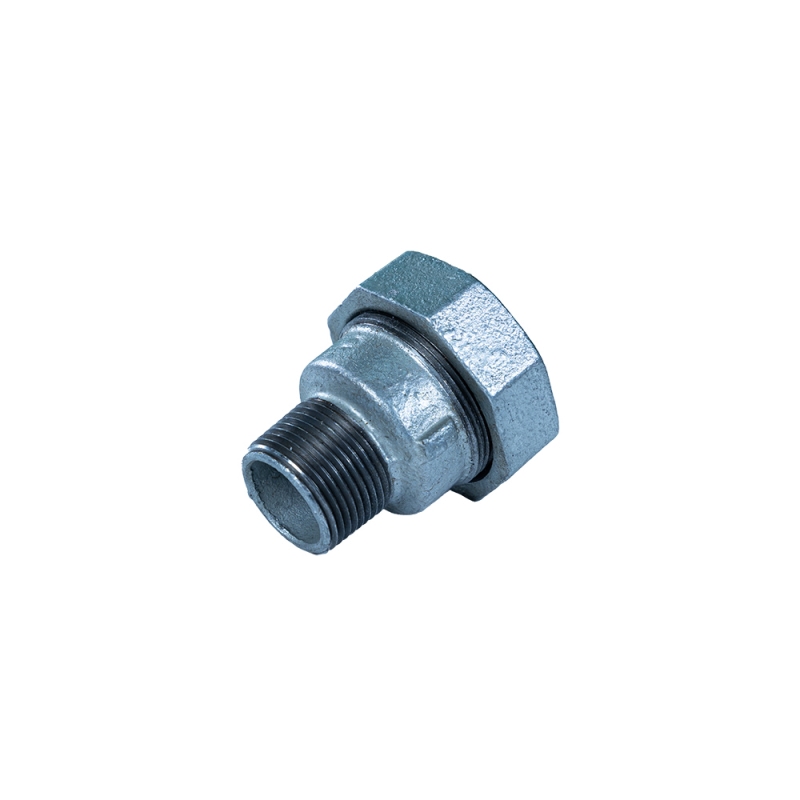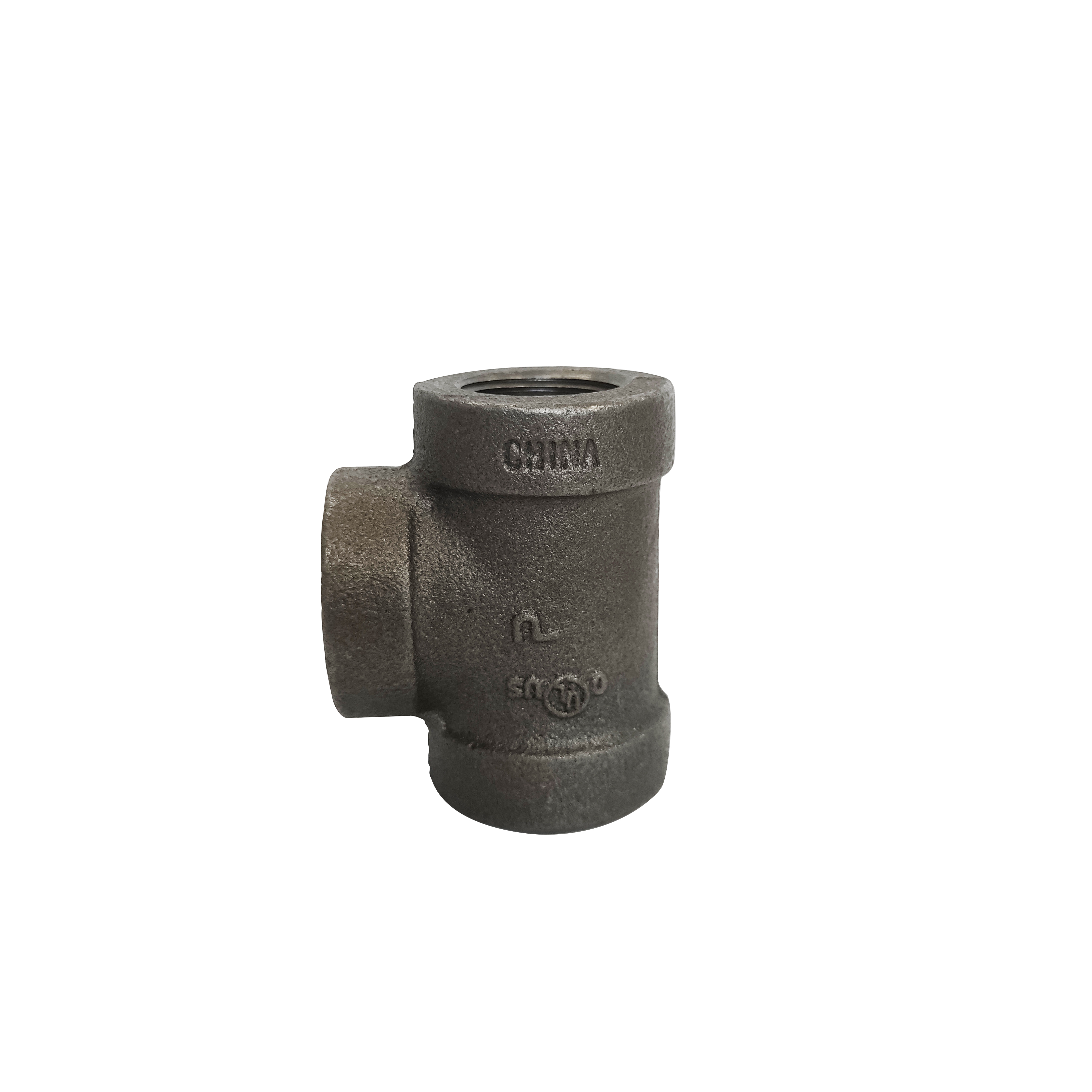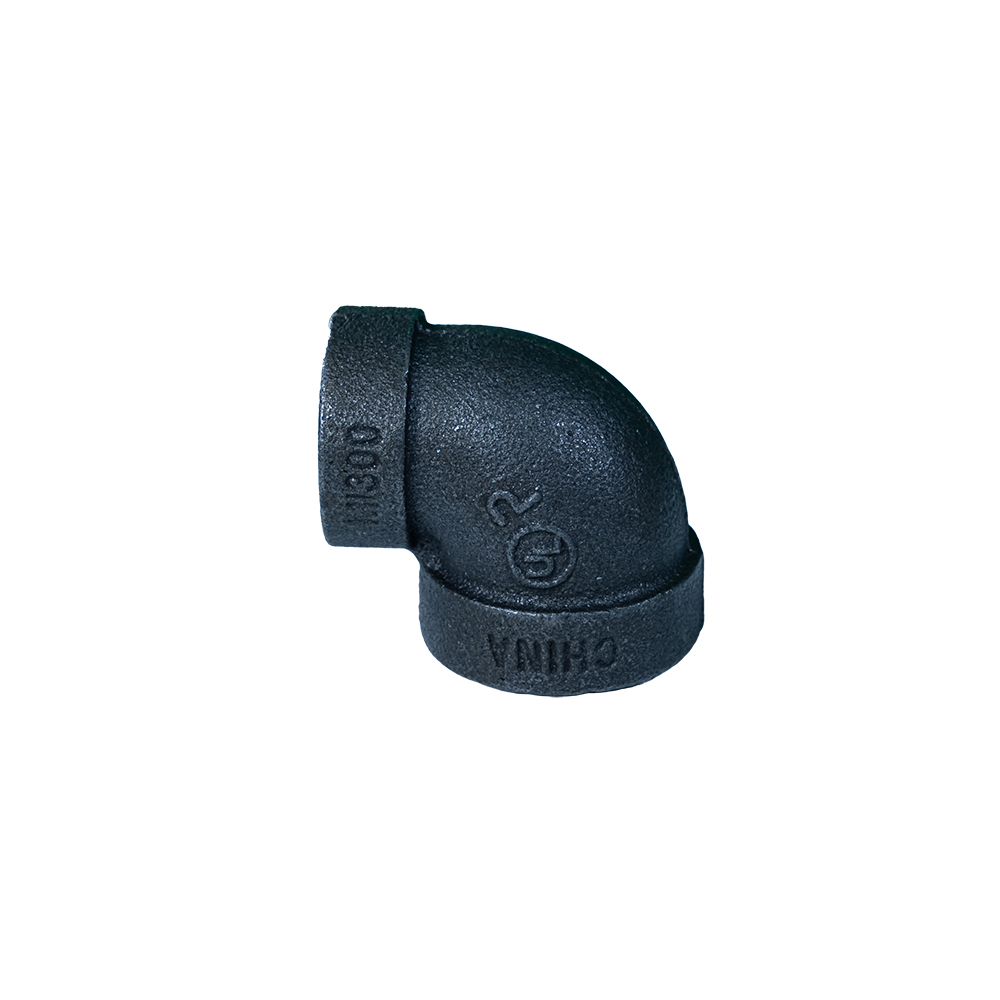Residential plumbing is an essential aspect of any home, involving complex systems that carry water in and out of a house. Understanding the materials used in plumbing is crucial for ensuring efficiency and longevity. Over time, some materials have proven more advantageous due to their durability, cost, and reliability.

One of the most traditional materials used in plumbing is copper. Renowned for its durability, copper is resistant to corrosion and can withstand high temperatures, making it ideal for hot water supply lines. Its natural resistance to bacteria also makes it a safe choice for drinking water. Despite the advantages, copper can be expensive, and its rigid nature might pose challenges during installation in tight spaces or when retrofitting older homes.
PVC (Polyvinyl Chloride) has gained popularity as a plumbing material due to its affordability and ease of installation. It is predominantly used for drainage, waste, and vent pipe systems. Its resistance to rust and corrosion ensures a long lifespan, although it is sensitive to heat and cannot be used for hot water pipes. PVC’s lightweight nature makes it easy to transport and install, reducing labor time and overall costs.

PEX (Cross-linked Polyethylene) is a flexible plastic material that has rapidly become a favorite among plumbers. It is suitable for both hot and cold water lines due to its flexibility and resistance to temperature variations. PEX tubing can be snaked into walls easily, making it perfect for retrofits and new builds alike. Its installation requires fewer connections and fittings, minimizing potential leak points. The cost-effectiveness and reliability of PEX make it a compelling choice for both residential and commercial projects.
For exterior plumbing, including sewer lines and underground pipes, Cast Iron is often used due to its noise-dampening properties and durability. While heavy and more costly, its ability to withstand high pressure and environmental factors makes it ideal for waste lines where longevity is paramount. Its installation, however, requires specific expertise and equipment due to the weight and rigidity of the material.
what materials are commonly used in residential plumbing
In some older homes, you might still encounter galvanize steel pipes, though their use has significantly reduced due to rusting and corrosion issues over time. These problems can lead to reduced water flow and potential pipe bursts. Experts often recommend replacing galvanized pipes with more modern solutions to avoid such complications.
Brass is another material used occasionally in plumbing for its excellent rust-resistant properties. Often used for fittings and situations where durability is necessary, brass provides a reliable option for long-term use. It combines well with other metals and is easy to shape, making it a versatile choice in plumbing systems.
Choosing the right plumbing material depends on several factors, including the function of the pipe, budget constraints, and the specific needs of the home. Consulting with an experienced plumber can help determine the most suitable materials for your particular situation, ultimately ensuring that the home's plumbing system is not only up to code but also provides efficient service for years to come.
With proper consideration and the right materials, homeowners can create a plumbing system that offers longevity, reliability, and peace of mind, laying a strong foundation for residential comfort and functionality. Understanding the materials in your plumbing is an investment in preventing future issues and fostering an environment that promotes safety and efficiency.
Post time:
Jan-11-2025




